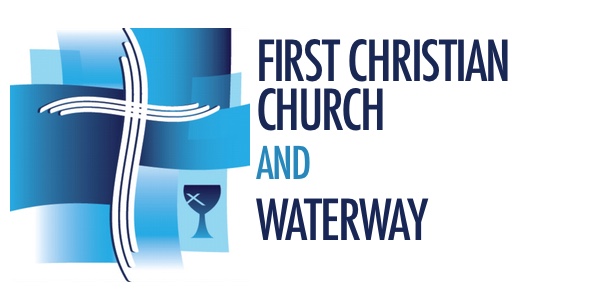Hi, friends, here is a bit of commentary on Don’s sermon last Sunday. We looked at various approaches to understanding the Bible within the larger theme of the sermon series, “Am I A Christian If...?” Join us tonight for more conversation at Theology on Tap! (6 p.m. at Beef O’Brady’s)
My in-laws delight in telling family stories — the time Don set his convertible on fire, the way Jan used to feed a neighborhood of boys, the mini-Olympics held in the backyard. These stories are told again and again, embellished with time and polished into treasured gems. Taken together, they provide a roadmap into understanding this tight-knit family, highlighting what is important to them as a group and the role each individual plays.
The Bible is like that — a collection of history, laws, stories, teachings, letters and poems that illuminate what it means to be the people of God. Does it matter if everything happened just that way or not? Do embellishments make the story less true, or do they add elements that help people see more clearly the greater meaning underneath?
In his sermon on Sunday, Don suggested that we are called to listen for the life of the party, rather than a literal interpretation that focuses on straight facts. The “life of the party” is the story of God’s love, poured out with abundance for the good of all people.
Scripture explores the great themes of our faith. One is the theme of liberation, beginning in the Hebrew Bible (Old Testament) with the story of the Exodus — Moses leading the Israelites from bondage in Egypt to new life in the Promised Land.
This theme was adopted by African-Americans brought to this country in chains. They took the story as their own, using it to make sense of the untenable situation they found themselves in. The particulars were not the same — the factual truth of bondage to the Pharaoh in ancient Egypt — but that didn’t matter. The story served as a powerful metaphor for their lives. Black slaves clung to the image of God working for liberation in the midst of the most dire circumstances.
Another great theme in the biblical story is that of caring for “the least of these” (Matthew 25:40). The books of the Hebrew Bible continually call Israel back to its duty toward the poor and the marginalized, exhorting them to care for widows and orphans and the strangers in their midst (i.e. Exodus 22:21-24, Deuteronomy 10:18). Jesus expanded this teaching and included tax collectors, women of ill repute, and other social outcasts in his circle of care. He called them all together around one table, a radical action that signified equality in God and human eyes.
We can look at that as a historical account of Jesus’ ministry, applying only to those people and those times, or we can look for the meaning underneath, the larger truth that speaks to our lives today. Where are we called to practice radical hospitality, extending ourselves beyond our own little circles of care? How can we work for liberation from the many forms of bondage active in the world today?
No matter how we approach the question of biblical authority, these are the larger themes that resonate throughout.
— Bettina Lehovec, church intern
What other themes do you see in Scripture continuing to guide us as people of God? What is gained by listening for the deeper meaning, the life of the party that rings true beneath the facts?
